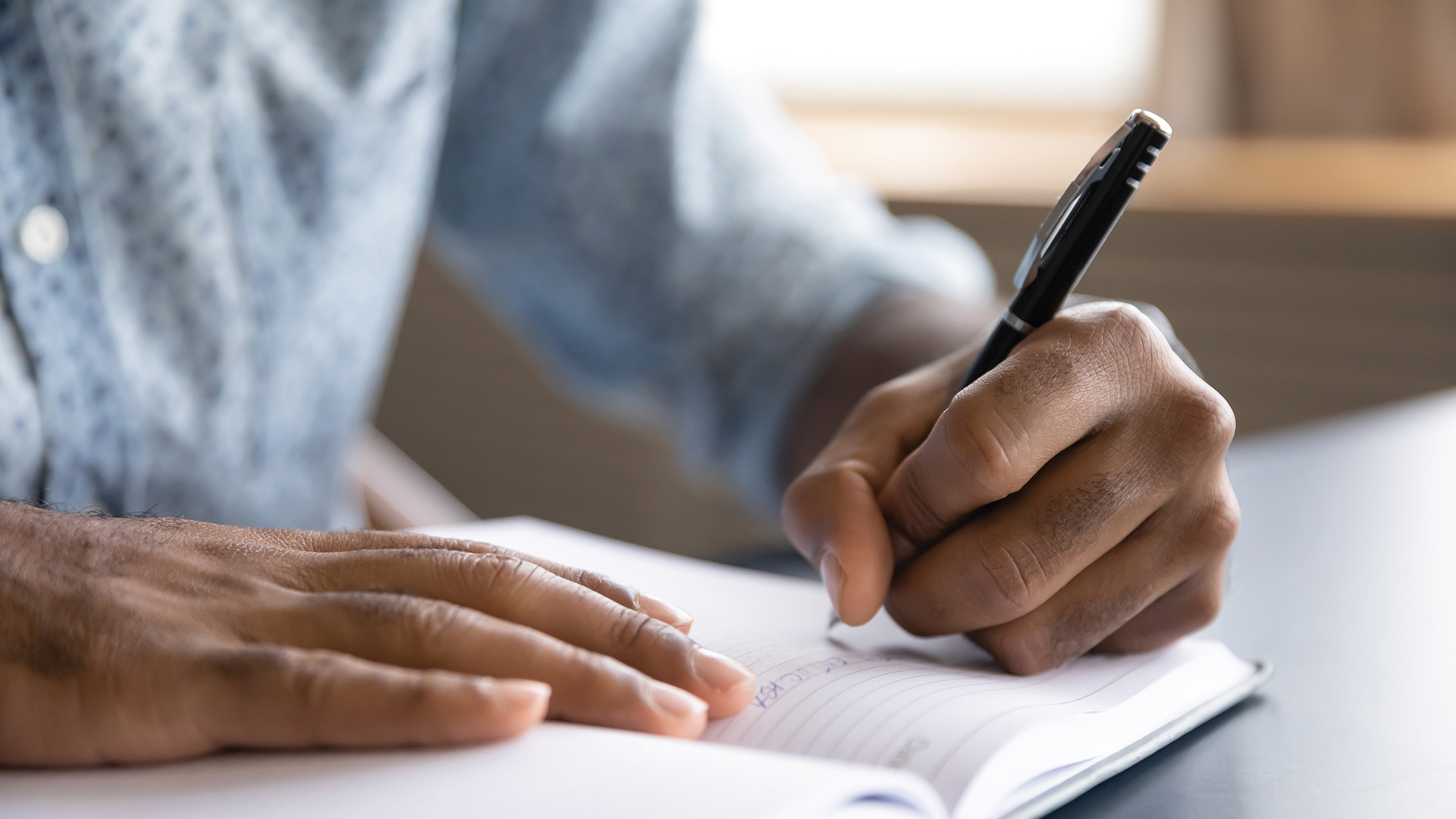
At some point in your career, you have probably heard someone say, “Don’t bring the job home.” In theory, this sounds like a great idea. As a living and breathing human being, it can be a bit more complicated than that. Cops endure a myriad of stressors that challenge their well-being and can make the transition from work to home life a difficult task. The residual gunk from the workday can have serious consequences on your physical health, mental health and relationships if you don’t effectively transition your brain and body after your shift.
The concept of downshifting refers to reducing the intensity of something. Think about how your brain and body operate when on duty. If you were a car, your tachometer would be in the red. However, unlike a car engine, your brain and body cannot recover by simply turning off at the end of your shift. You can, however, shift into a lower gear to help your brain and body slow down and recover. So, how can you downshift after work?
Downshifting is an intentional process that cannot be scrolled away on social media, played away on video games, watched away on television or drank away with booze. If you notice that you are doing these things or finding it necessary to keep busy off duty, you may be engaging in emotional avoidance or distraction activities. While this can provide you with some short-term relief from your workday, the long-term consequences on your physical health, mental health and relationships can significantly impact your quality of life. Below are a few techniques to help you downshift your body and brain after your workday.
- Dressing down. As you dress down after your shift, begin to slow your brain and body by grounding your senses. Start by focusing your attention on your physical senses. As you remove pounds of gear and your ballistic vest, take a few seconds to enjoy how much lighter your body feels. As you get out of your uniform, notice how the fabric feels, the texture of the buttons and the temperature changes (warmer or cooler). If your brain starts thinking about the workday or things you need to do after work, redirect your focus to your physical senses. This takes time, but with regular practice, you can train your brain and body to slow down and start recovering from your shift.
- Systems check. When you get in your car to leave work, take a minute to scan your internal systems. How is your breathing? Any physical tension or discomfort? Take a couple of minutes to focus on your breathing and slow it down with a steady inhale-exhale pace. Each time you exhale, imagine a little bit of that stress or discomfort leaving your body. As you drive home, focus on slow and steady breathing at each red light or stop sign. Before you exit your vehicle, take another couple of minutes of slow and steady breathing to exhale the stresses of your workday.
- Brain dump. Unload your workday by taking 10 minutes to literally dump whatever is on your brain — thoughts, emotions or anything else — on a piece of paper. Don’t worry about forming coherent sentences or censoring what you write. The point here is to make some room for off-duty life by releasing some of the residual gunk of your workday. When you are done, shred it or tear it into pieces and throw it away. As you get rid of it, imagine that you’ve cleaned out some of that engine gunk so you can function better.
- The pocket token. Find a coin or token that fits in the pocket of your work uniform. Take it with you and when you get home, put it in a designated spot at home. As you do this, imagine that you are placing work on pause to be picked up the next workday when it is put back into your pocket.
One additional suggestion for downshifting after work: Pay attention to how much time you spend talking about work when you are on your own time. It is a good idea to reduce how much time you spend re-hashing the workday with your partners when you are off duty. Although it can feel like you are just venting or telling war stories, this can inadvertently keep your brain and body in work mode when you are off the clock.
Give the above downshifting techniques a try, or come up with your own. Remember, the goal is to help your brain and body slow down and recover so that you can better function (and enjoy) off-duty life.
As seen in the August 2022 issue of American Police Beat magazine.
Don’t miss out on another issue today! Click below:






